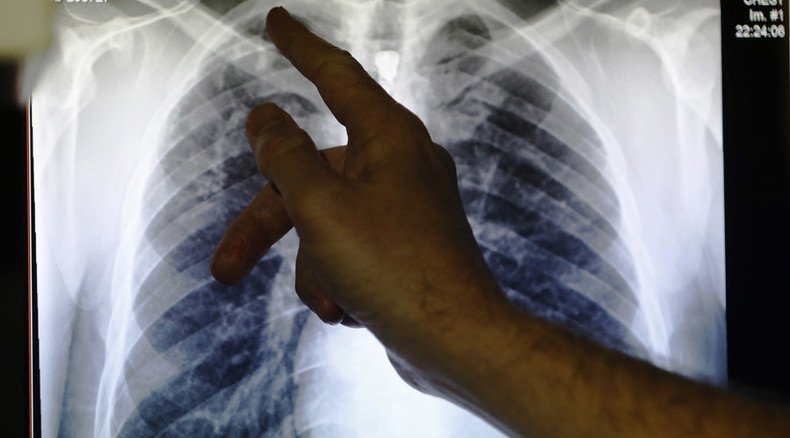TB rates explode in London: ‘We stopped screening people for this disease’

Tuberculosis is a disease of today but we need to make sure that it doesn’t become a disease of tomorrow, says Dr. Onkar Sahota, Chair of the London Assembly Health Committee.
Incredibly, there are areas of London that report higher tuberculosis rates than countries such as Rwanda and Iraq. A report by the London Assembly revealed there were more than 2,500 new cases of TB in London last year, which is about 40 percent of the UK’s total.
RT: Why is the situation so bad in London?
Onkar Sahota: I think one the worrying things is that in one word the reason we took our eyes of the ball; we stopped screening people and I think in 1987 we had something like 5,000 cases in the year in UK. And in 2012 we had 9,000. We stopped screening people for this disease. And what we need to make sure and remember: this is not disease that has gone by. It is a disease of today, but we need to make sure that it isn’t a disease of tomorrow.
TB rates vary across London boroughs via @PHE_uk - see our report Tackling TB in London p9 https://t.co/ORabkZujXZpic.twitter.com/b8A1SwekTh
— London Assembly (@LondonAssembly) October 27, 2015RT: What should be done to tackle the problem?
OS: So, one of things is that we need to be screening people who are at most risk, they are: people who are homeless, alcoholics, people who are living in poor nutritional state. And making sure people who are most vulnerable - prisons are also a gray area. So, screen people at most risk and then make sure that we treat them adequately; be sure we don’t develop drug resistance disease in the community. And also tuberculosis is a barometer on the equality status of the country. And we need to be sure that all people are housed well and are also given good food on the table.
Our survey found that 1in5 Londoners (18%) said they don’t know what the symptoms of TB are https://t.co/7kXT9ZRcbYpic.twitter.com/DwjkfXQ2SC
— London Assembly (@LondonAssembly) October 28, 2015RT: Some blame migrants for the high disease rate. Do you agree with this?
OS: The evidence is that migration is not the cause of it: people who are new migrants to the country have less tuberculosis [TB] than people living in the UK, in London. It is so difficult to be sure about figures because TB can remain latent, can remain sleeping in your body for many years. And just because you are born outside and now living in the UK it doesn’t mean that you have brought the disease with you. It could be some native person up in the country. And, of course, the risk thing is that because TB remains dormant in your body for many years it may not awaken for many years, so we need to be really targeting people who are in the country already and also who are at the most risk. But we can’t really pin this on the immigration alone.
The statements, views and opinions expressed in this column are solely those of the author and do not necessarily represent those of RT.












